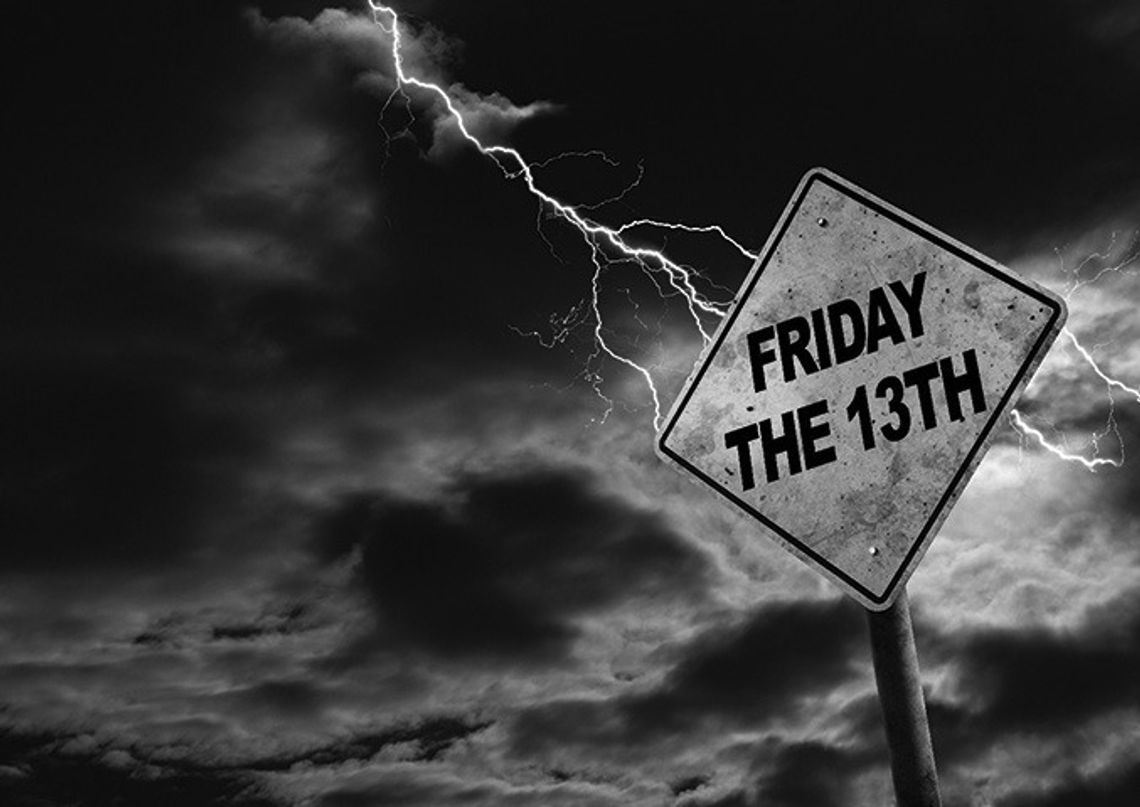The number 13 is widely considered unlucky, so much so that certain buildings do not list a thirteenth floor. It’s hard to avoid 13 when it makes up a day each and every month, and even more so when the 13th falls on a Friday.
Every year people are treated to at least one Friday the 13th on the Gregorian calendar, but some years there can be as many as three such days. It is difficult to pinpoint when superstitions surrounding Friday the 13th first came to be, but it may have something to do with Christianity.
The New York Historical Society says the unlucky connotations may be traced back to The Last Supper. In attendance were 13 people: Jesus as well as his 12 apostles (one of whom betrayed him). The following day (Friday) Jesus was crucified. Superstitions cropped up among Christians that a table of 13 “courted death” and that having 13 people around a table or in a group was unlucky, according to the BBC.
The number 12 often is seen as a sign of completion. The 12 months of the year, 12 zodiac signs, 12 apostles, 12 days of Christmas, and 12 gods of Olympus perhaps bolster that reputation. That belief may have given rise to foods being sold in multiples of 12, as in a dozen doughnuts. Thirteen is then incomplete.
Friday also has a reputation for being unlucky. It was said to be the day Eve gave Adam the apple from the Tree of Knowledge as well as the day Cain killed his brother, Abel.
The Christian connection is not the only potential source of superstition surrounding the unlucky nature of 13. History.com says the ancient Code of Hammurabi reportedly omitted a 13th law from its list of legal rules. Also, National Public Radio says the Knights Templar were condemned on a Friday the 13th.
Although there are many past examples of when Friday and the number 13 have been linked to potential bad luck, word of mouth also may have contributed to this unfortunate relationship. Things have a tendency to be misremembered, which is known as the “Mandela Effect.” It is possible someone misremembered or incorrectly indicated that Friday the 13th was unlucky, and then it has since been remembered that way.
Thirteen is not always considered unlucky. Prior to World War I, the French traditionally considered 13 a lucky number. In Italy, 13 was the lucky number in football pools. The Italian expression “fare tredici” meant “to hit the jackpot” and is translated as “make thirteen.” Also, Colgate University has long considered 13 a lucky number, as the school was founded by 13 men with 13 dollars, 13 prayers and 13 articles.
Friday the 13th next falls in December 2024, potentially leaving the superstitious on edge.



